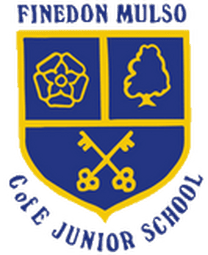English - Writing
At Finedon Schools, we believe every child is a storyteller. We nurture this through the rich, book-based Literacy Tree curriculum, which uses high-quality, diverse texts to inspire children to explore language, develop ideas, and write with purpose.
Through a wide range of fiction, non-fiction, and poetry by significant authors, pupils develop as critical readers and begin to craft their own authorial voice. Literacy Tree provides full coverage of the National Curriculum for writing composition, reading comprehension, grammar, punctuation, and vocabulary.
Carefully sequenced teaching guides children to plan, draft, edit, and publish their writing. From imaginative narratives to persuasive letters and thoughtful explanations, pupils experience a variety of genres that build confidence, creativity, and mastery of language.
By immersing children in engaging stories and meaningful writing opportunities, we foster a love of writing and encourage every child to express themselves with clarity, accuracy, and enthusiasm. Literacy Tree texts are mapped across all year groups to ensure clear progression and comprehensive curriculum coverage.
For more information about Literacy Tree, follow the link: https://literacytree.com/
Our curriculum maps can be found below:










